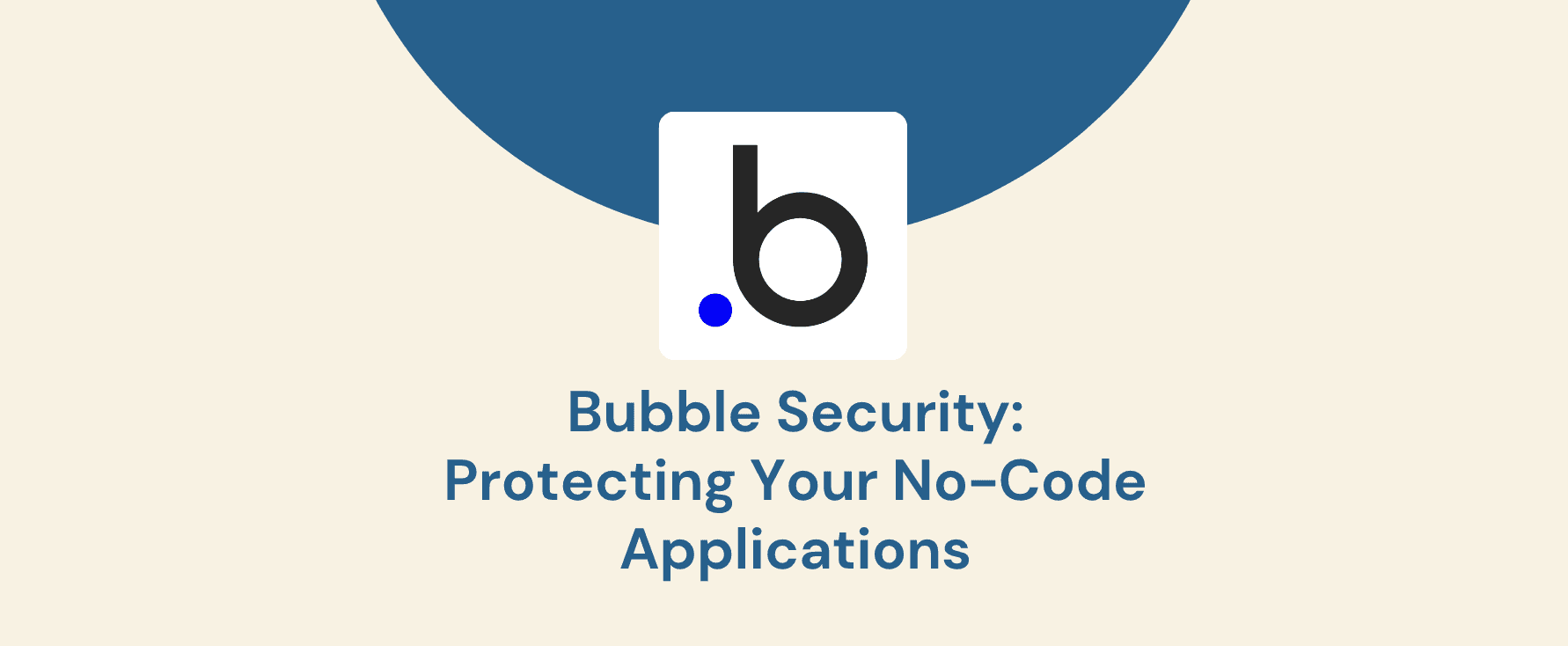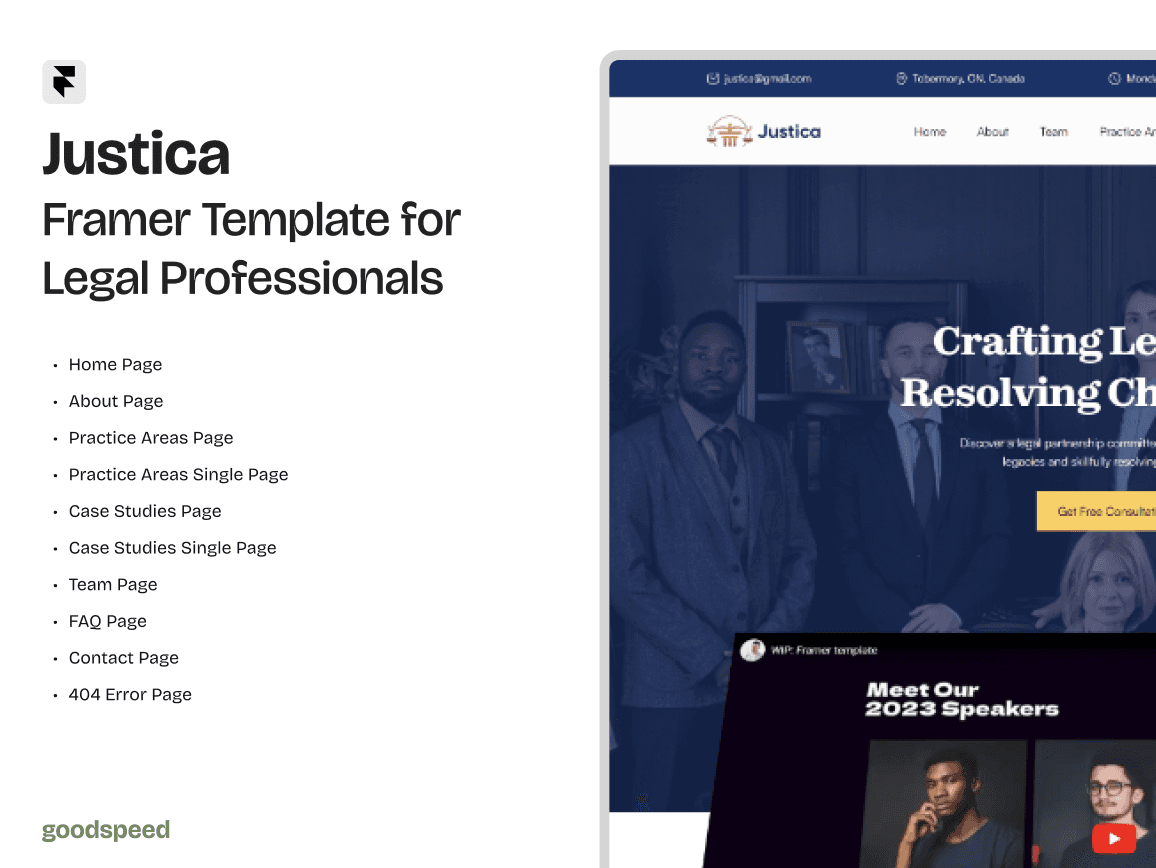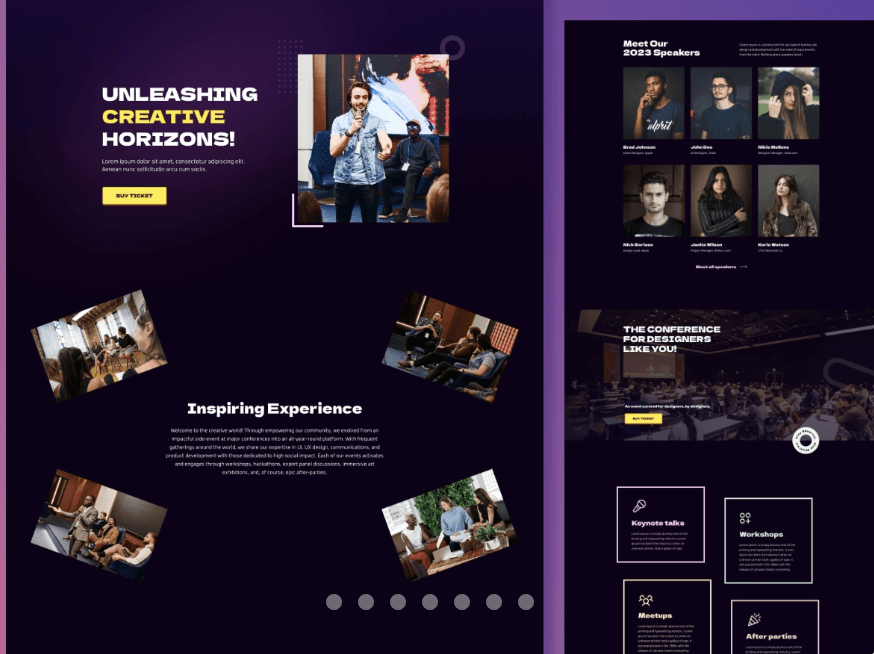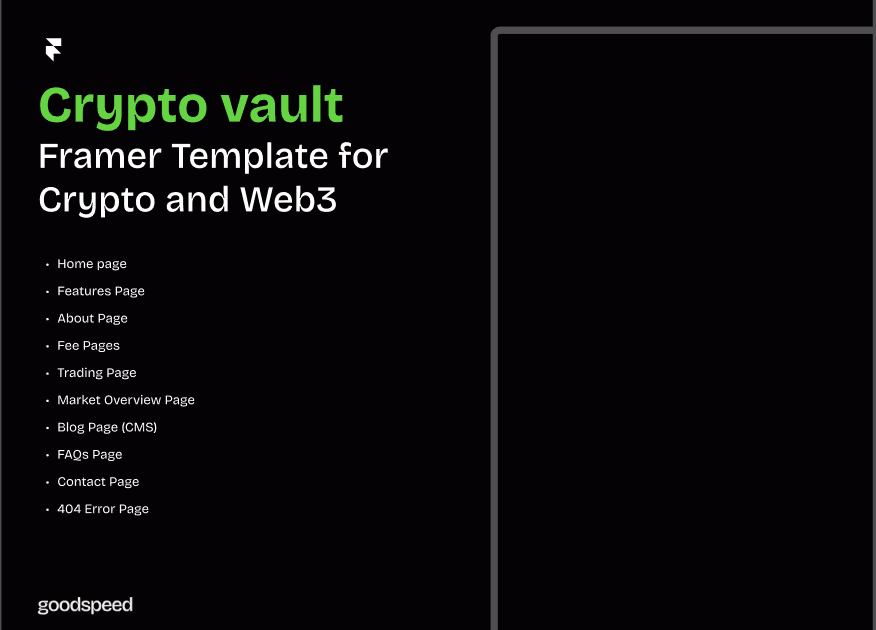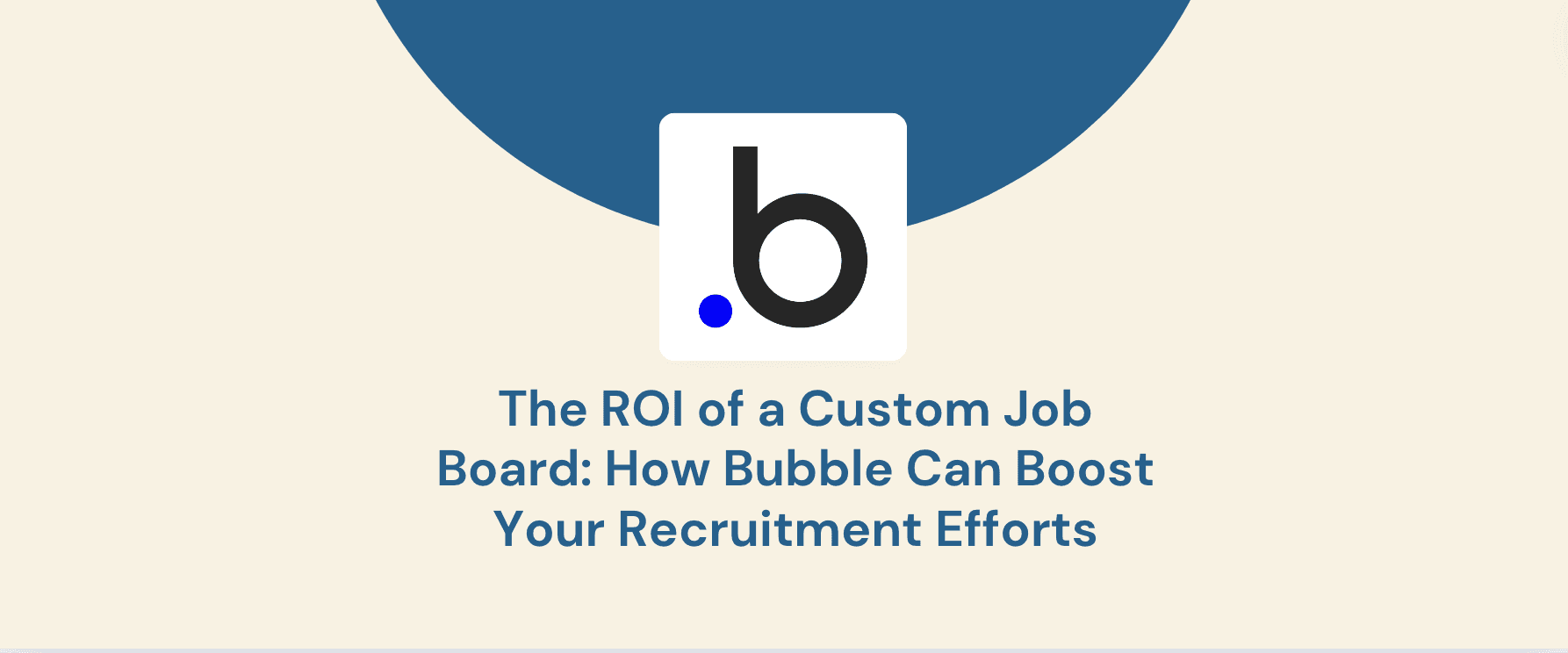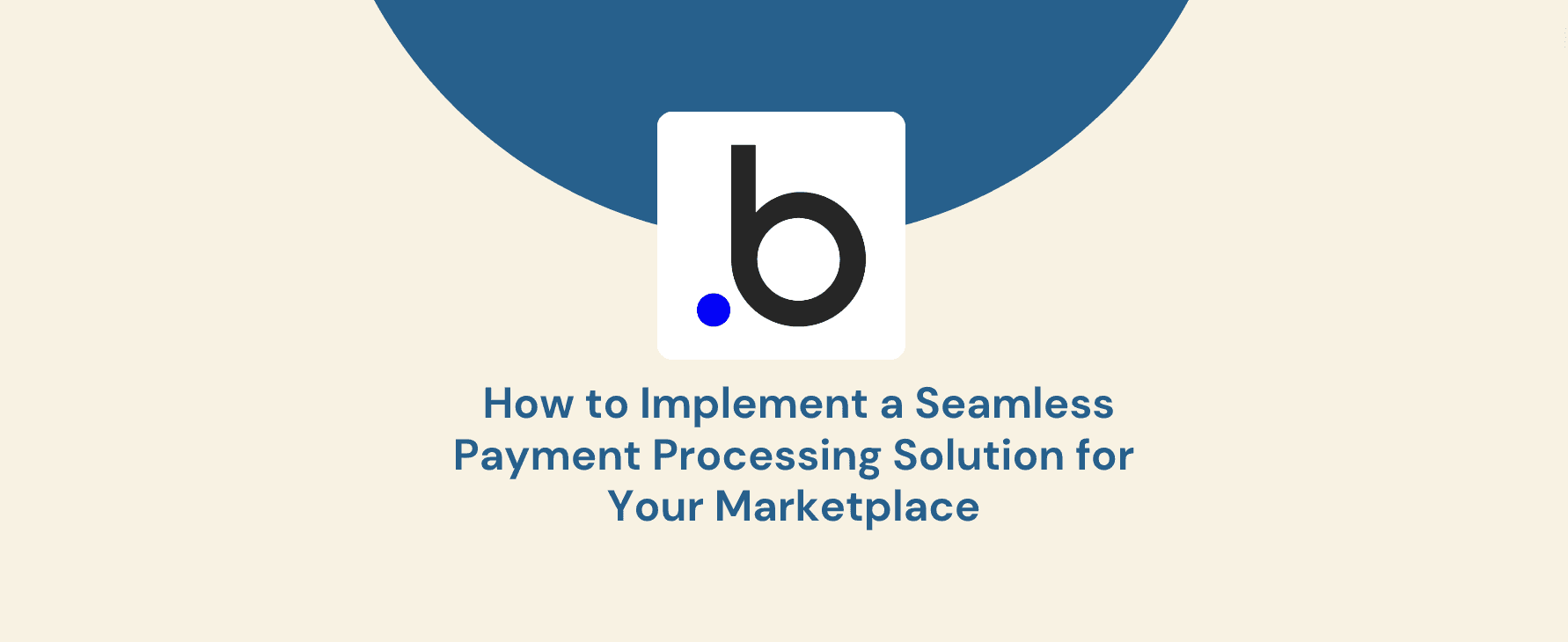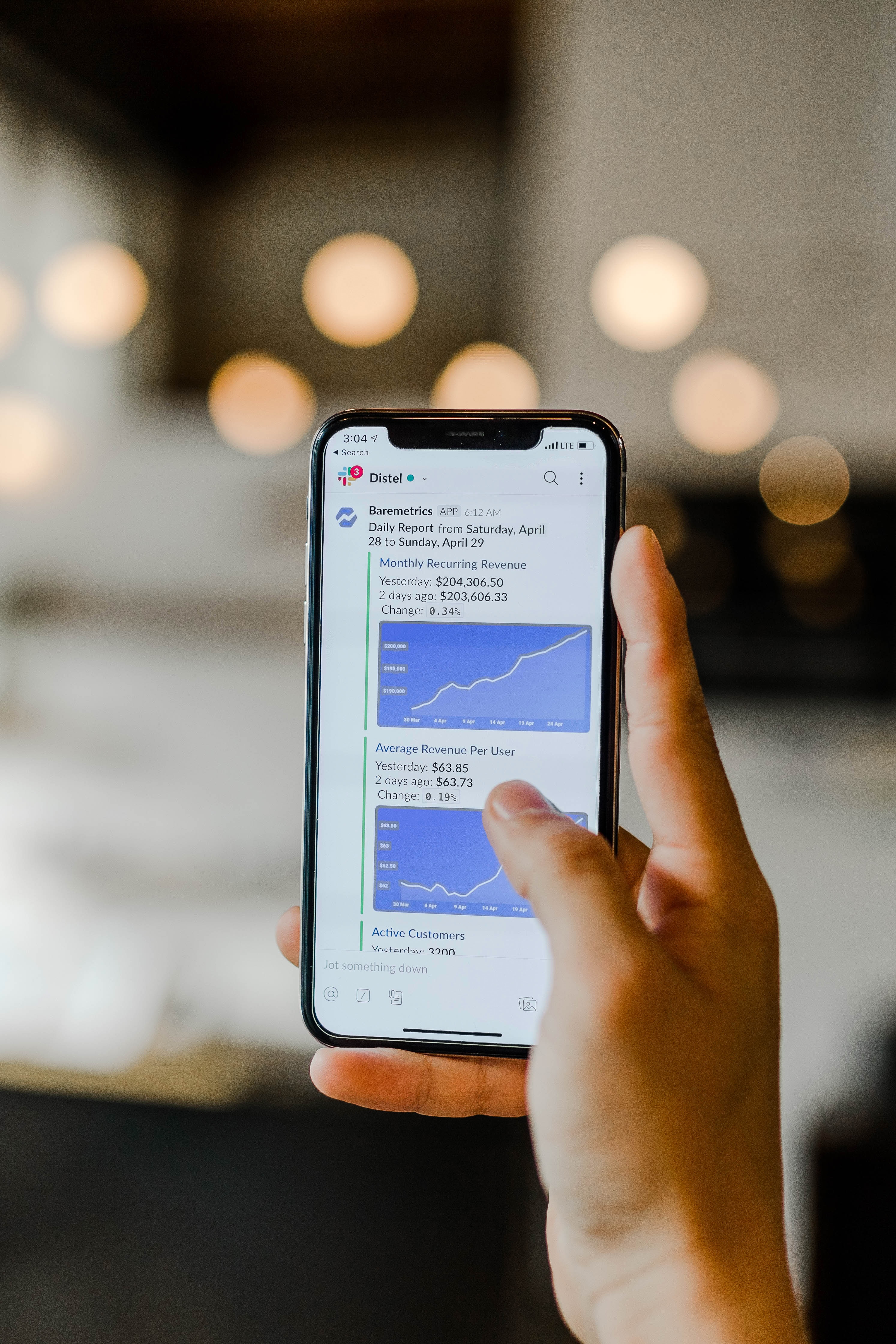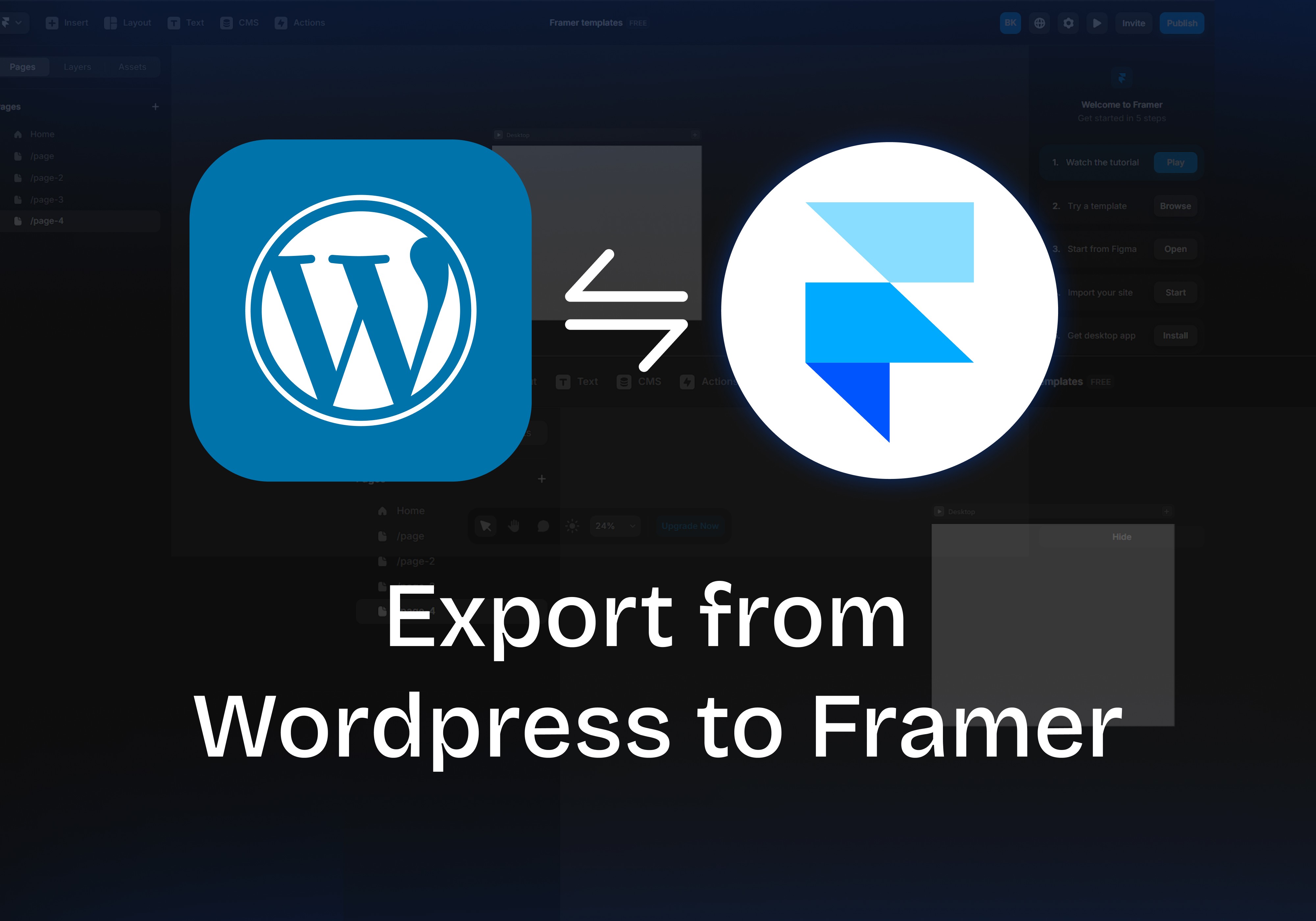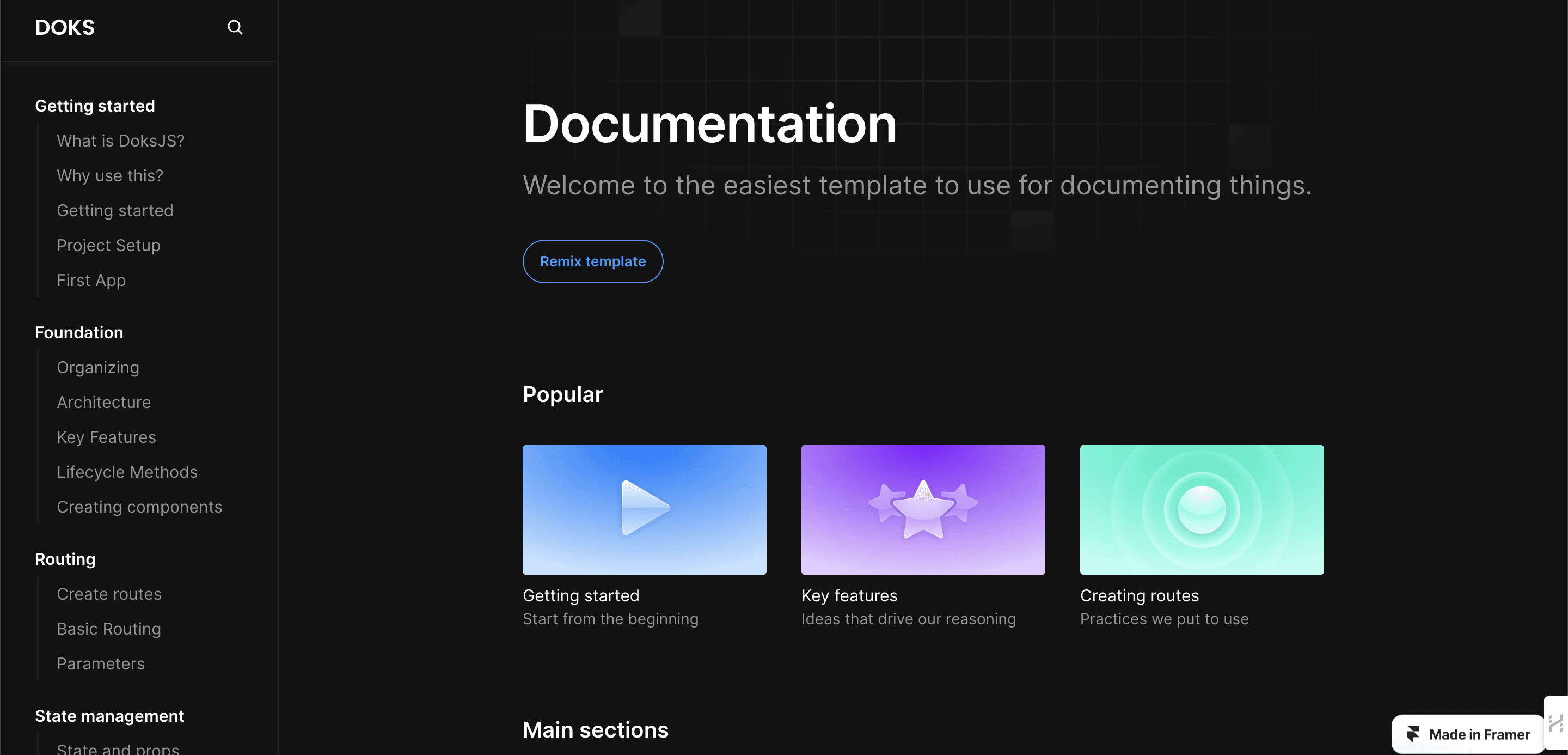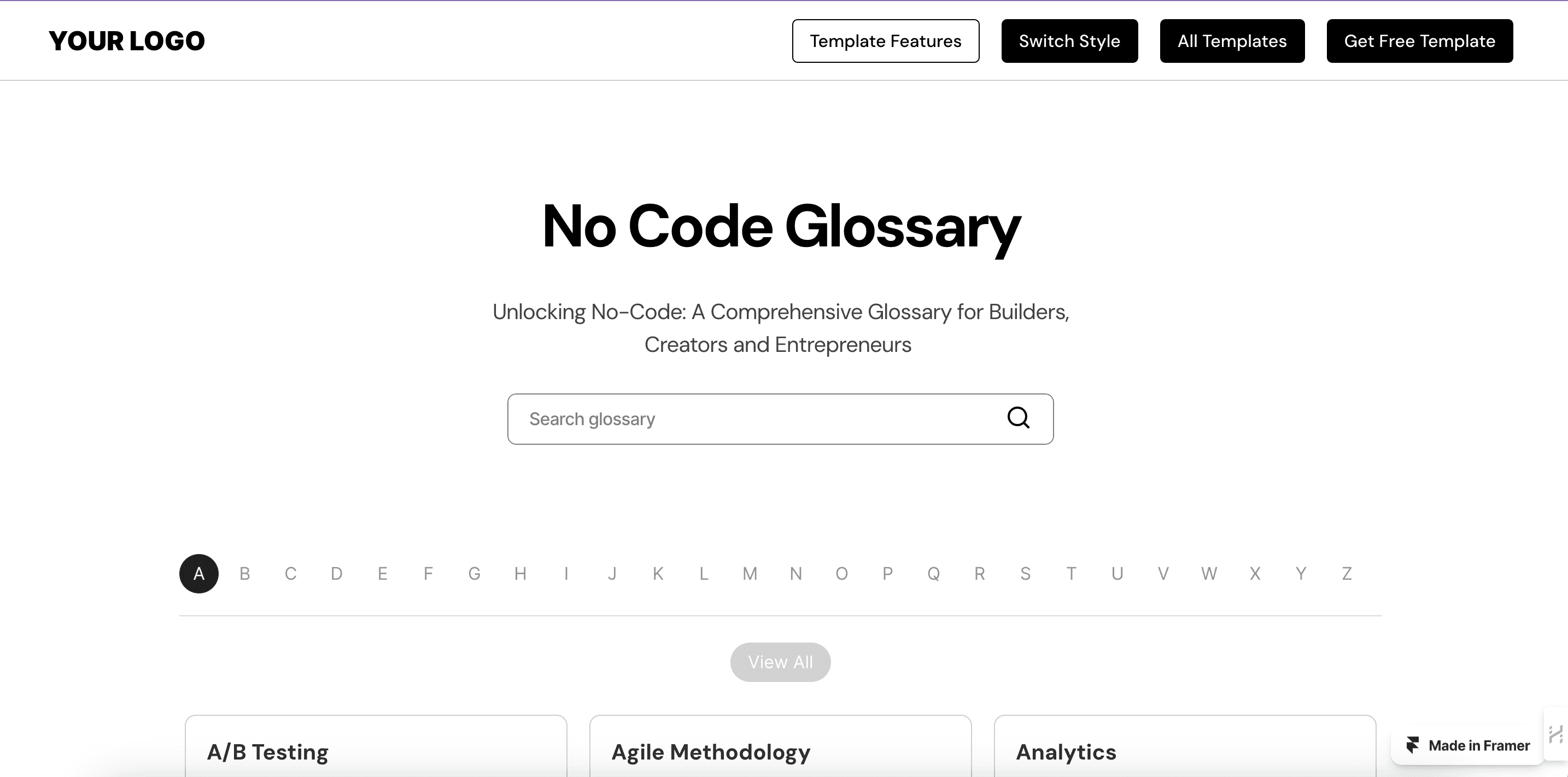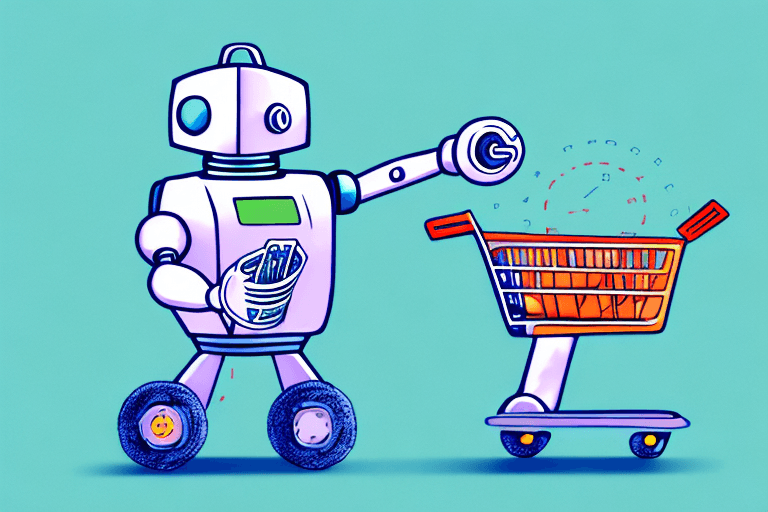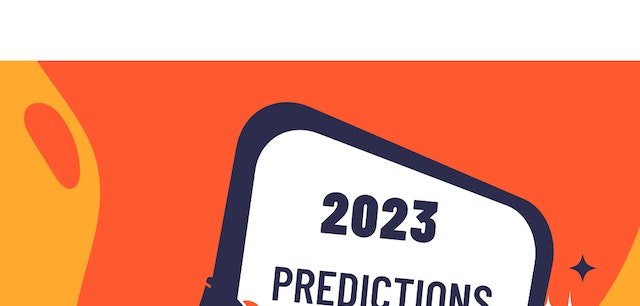Bubble's intuitive no-code interface has revolutionized web development, empowering not just individuals but also businesses of all sizes to rapidly build and deploy web applications without the need for extensive coding knowledge. While its ease of use makes it ideal for prototyping Minimum Viable Products (MVPs), Bubble's robust capabilities and scalability also make it a viable solution for growing companies, SMBs, and enterprises to build complex applications that can adapt and grow alongside their business. However, as with any platform handling data, security must be at the forefront of any Bubble development endeavor. This comprehensive guide will delve into the key aspects of Bubble security, exploring its built-in safeguards, essential developer practices, and potential vulnerabilities you need to be aware of.
Understanding Bubble's Security Fundamentals
Let's begin by examining the core security elements that Bubble has in place to provide a robust foundation for your applications:
User Authentication: Bubble provides several user authentication methods, including traditional email and password login, social login options (e.g., Google, Facebook), and enterprise-grade single sign-on (SSO). Select the method that aligns best with your application's security needs.
Data Encryption: A cornerstone of security is ensuring your data is protected. Bubble automatically encrypts all data at rest (stored in databases) and in transit (as it moves across the internet). This means that even if unauthorized access occurs, the data would remain unreadable.
Privacy Rules: Bubble's privacy rules are a potent tool for granular data access management. They empower you to set precise controls on who can view, modify, or delete specific data types within your application.
API Security: If your Bubble application integrates with external APIs, secure them with strong authentication and authorization measures. Rigorously validate all user inputs to prevent malicious data injection.
Essential Best Practices for Bubble Developers
Bubble provides a secure groundwork, but developers play a crucial role in safeguarding their applications. Adhere to these best practices:
Familiarize Yourself with Bubble's Security Toolkit: Take the time to thoroughly understand the security features Bubble offers. This knowledge is essential for making informed decisions and implementing these features most effectively.
Develop Robust Privacy Rules: Privacy rules are your frontline defense for sensitive data. Invest time in creating privacy rules that allow access only to authorized users.
Strong Password Policies: Weak passwords are an open door for attackers. Mandate that users create strong passwords that are a minimum of 12 characters long and contain a mixture of uppercase and lowercase letters, numbers, and special symbols.
Two-Factor Authentication (2FA): Where possible, implement 2FA. It adds a crucial layer of protection by requiring users to provide an additional authentication code (usually from their phone) alongside their password.
HTTPS Enforcement: All communication between your Bubble app and users' browsers should be encrypted using HTTPS. This protects user data in transit.
Protect Sensitive Information: Avoid hardcoding sensitive data like API keys or passwords directly into your application's code. Use secure storage methods provided by Bubble or external services.
Regular Security Reviews: The security landscape is dynamic. Periodically review and update your Bubble application's security settings to stay ahead of evolving threats.
Further Exploration: Advanced Security Considerations
For applications handling highly sensitive data or those subject to strict regulatory compliance, consider the following resources and tools:
Bubble's Security Documentation: Bubble provides detailed security documentation:
Flusk: Flusk is a dedicated security and monitoring tool designed specifically for Bubble applications:
Security Audits: If necessary, engage a cybersecurity firm to conduct a thorough security audit of your Bubble application.
By following these guidelines and proactively addressing security throughout your development process, you can create Bubble applications that are both functional and secure.
Partnering with Experienced Bubble Developers:
When building Bubble applications, particularly those managing sensitive data, partnering with an experienced Bubble Development Agency. Goodspeed Studio brings deep knowledge of Bubble's platform and security features, providing expertise in implementing privacy rules, configuring secure authentication methods, and optimizing your application for robust security. They can offer guidance and support throughout your development process to ensure your application meets the highest security standards.
1. How does Bubble protect my application data?
Bubble employs several layers of security for your data:
Data Encryption: Data at rest and in transit is encrypted, safeguarding it from unauthorized access.
Privacy Rules: Fine-grained controls to determine who can view, create, or modify your application's data.
Robust Infrastructure: Bubble's underlying infrastructure leverages security services from Amazon Web Services (AWS) and Cloudflare.
2. What user authentication options does Bubble provide?
Bubble supports:
Email/Password: Traditional login method.
Social Logins: Convenient login through platforms like Google or Facebook.
Single Sign-On (SSO): Integration with enterprise identity providers for seamless user authorization.
3. Can I enforce strong password policies on my Bubble app?
Yes. You can create rules requiring users to create passwords that meet specific complexity requirements (e.g., minimum length, mix of characters).
4. Does Bubble offer two-factor authentication (2FA)?
You can enable 2FA for key areas of your app. This adds an extra security layer by requiring users to enter a code sent to their device along with their password.
5. How do I protect API keys and sensitive information in my Bubble app?
Avoid directly embedding confidential data within your app's code. Utilize secure storage options provided by Bubble or integrate with external secret management services.
6. How often does Bubble update its security measures?
Bubble continuously reviews and updates its security protocols. They conduct regular vulnerability scanning, penetration testing, and adhere to industry best practices.
7. Does Bubble comply with regulations like GDPR?
Yes, Bubble provides features to help you build GDPR-compliant applications. Their documentation offers guidance on configuring privacy settings appropriately.
8. Are there additional tools to enhance the security of my Bubble app?
Consider using services like Flusk, which offers security monitoring and vulnerability detection specifically for Bubble applications.

